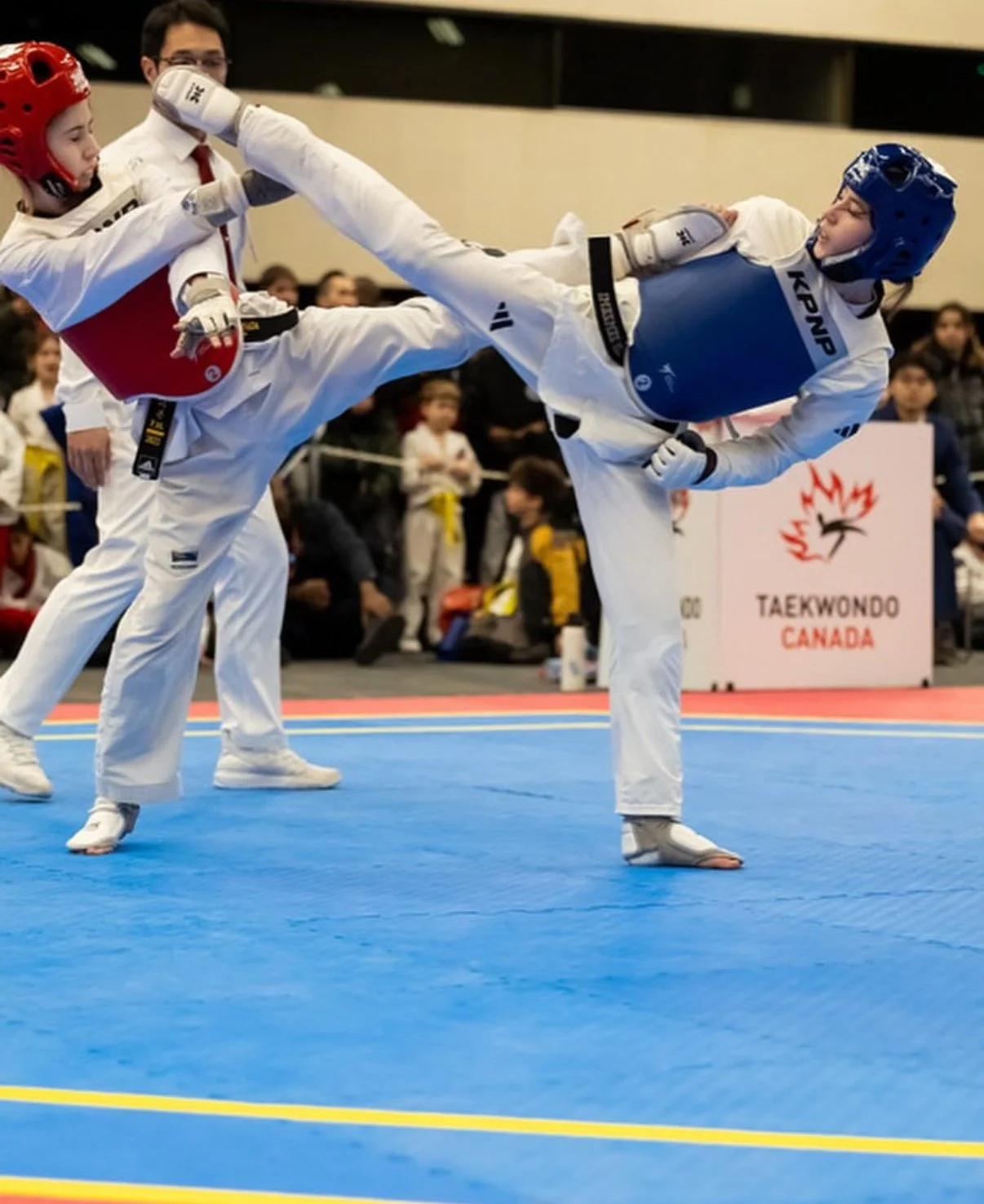
Performance in sports and workplace
Sports and workplace performance therapy
Strengthen mental performance in both athletic and professional settings. The focus is on emotional regulation, focus, confidence, and resilience under pressure. Clients learn practical strategies to manage stress, improve concentration, build motivation, and maintain consistent performance. This support enhances daily functioning and long-term well-being across sport, school, and work.
Performance in the Workplace
Professionals function within fast-paced systems that require emotional stability, clear thinking, and effective problem-solving. A psychoeducator helps individuals understand their stress patterns and adopt strategies that support strong performance, even in challenging situations.
Support includes:
Improving emotional regulation to prevent burnout and decision fatigue
Strengthening concentration, organization, and task management
Helping individuals understand how stress affects the brain and behaviour
Teaching practical coping strategies for pressure, conflict, and complex workloads
Developing communication skills that improve teamwork and leadership
Supporting professionals during transitions, high-stakes situations, or recovery after a crisis
Clarifying personal strengths and identifying habits that may interfere with performance
This service is designed to optimize efficiency, well-being, and resilience at work. It helps individuals sustain high performance while maintaining healthy boundaries and emotional balance.
Performance in the Sports
helps individuals strengthen their performance by addressing the mental, emotional, and behavioural factors that influence success. The focus is on practical skills, structured intervention, and evidence-based strategies that support both immediate functioning and long-term growth.
Performance in Sports
Athletes often face pressure, rapid decision-making, and constant evaluation. A psychoeducator helps athletes build the psychological foundation needed to perform with consistency and confidence. The intervention targets the link between mindset, behaviour, and physical execution.
Support includes:
Identifying mental blocks, stress triggers, and performance-related anxiety
Building emotional regulation skills to maintain focus under pressure
Enhancing attention, concentration, and impulse control
Developing routines for pre-competition preparation and post-performance recovery
Teaching strategies for motivation, resilience, and goal-setting
Helping athletes manage fear of failure, perfectionism, and frustration
Supporting communication and leadership within teams or coach-athlete relationships
This approach strengthens both the athlete’s internal skills and their ability to adapt to demanding environments. It supports consistent performance and a healthier relationship with training and competition.


